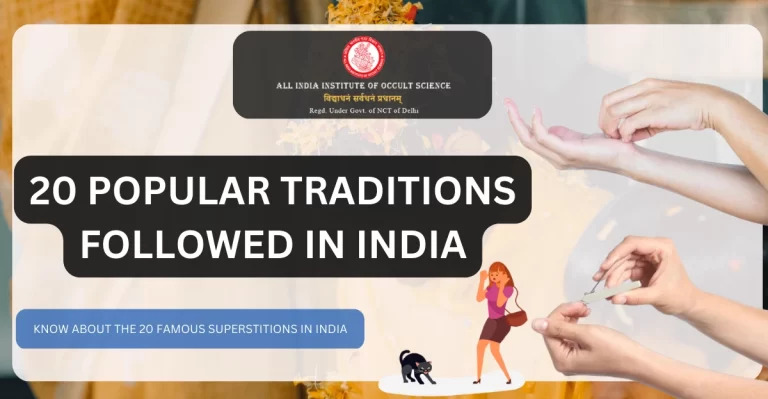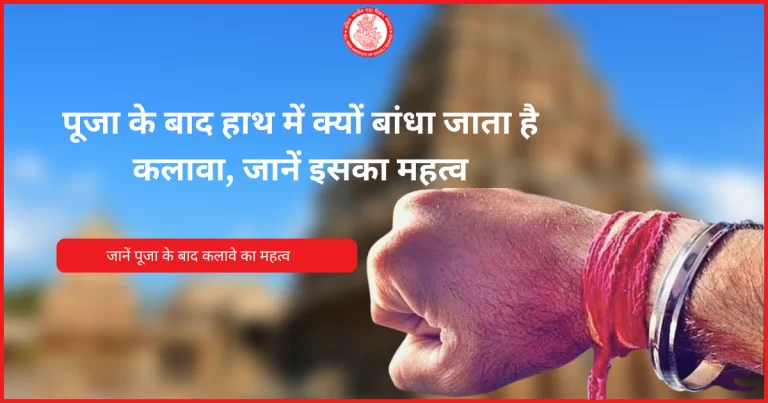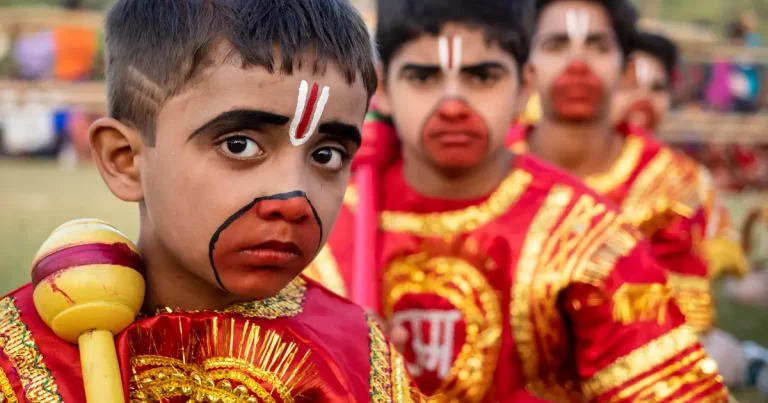Indian traditions have been an integral part of the country’s culture for centuries. While some may view them as mere beliefs but’s the meaning behind these age-old customs
From not sweeping the floor after sunset to the famous black cat crossing your path, India is a land of fascinating superstitions. Popular Traditions in India has special place in every heart.
All these sayings are common in Indian households. You might have heard these from your mother or grandmother.
As a country steeped in tradition and culture, India has a rich history of superstitions.
India’s superstitions are not just mere beliefs, but some superstitions also have a strong scientific basis that connects them to the country’s cultural and social fabric.
In this article, we explore the fascinating world of popular traditions in india.
Including a ₹1 coin as part of a gift amount:
You too might have done this too. If you are gifting a sum of money to the recipient you must have added one rupee coin too. It’s inherited inside you. But why?
The superstition of adding a ₹1 coin to a gift sum is rooting in the belief. That it brings good luck and prosperity to the recipient.
In Indian cultures, the number 1 is considered auspicious and symbolizes new beginnings, success, and progress.
By adding a one-rupee coin to a gift, the giver is believed to be wishing the recipient a prosperous and successful future.
Additionally, the coin itself is considered a symbol of wealth and abundance, so including it in a gift is seen as a way to share blessings and positive energy.
This superstition is based on the idea of using symbolic gestures to convey positive wishes and blessings to others.
Nazar Utarna
The phrase “Nazar na lag jae” is often used along with the gesture and means “May the evil eye not affect (you).”
You’ve often seen your mother putting a dot of kohl on your head or behind your ears. Thought why?
It is a way of expressing good wishes and protection for oneself or for others. This gesture is widely used in India and is considered a small but significant act of faith.
You know what’s a funny fact about this superstition? The spot makes you look ugly therefore the negative vibes from others will not affect you.
Putting the floor with cow dung
In India, the practice of using cow dung for floor plastering or cleaning is rooted in Hindu traditions and beliefs.
In Hinduism, cows are revered as sacred animals and are considered to be a symbol of wealth, strength, and purity.
The cow is worshiped as a motherly figure, and its dung is believed to have purifying properties that can ward off negative energies and spirits.
It is believed that cow dung has antiseptic properties that help keep the environment clean and free of harmful germs and insects.
It is also said to be a natural disinfectant that can help prevent the spread of diseases.
No cooking until shraadh
The superstition of not cooking food until shradh is a Hindu belief that has its roots in the belief that during the period of shradh, which is a period of mourning and remembrance for one’s ancestors, the souls of the ancestors visit their descendants.
According to this belief, it is believed that if food is cooked during this period, the souls of the ancestors will be disturbed and will not be able to receive the food offerings that are made to them during the shradh period
Also this superstition says that lighting a stove during this time period burns the soul of the deceased.
Lemon and 7 chillies
This one is also the most common superstition in Indian households. I hope you might have tagged a lemon and green chillies on the entrance door of your house too.
No, this time there’s no relation of this with science. The logic behind this superstition is based on the properties of lemon and green chillies.
Lemons have a strong citrusy fragrance, which is believed to repel negative energies and evil spirits. Additionally, lemons are sour, which is believed to absorb negative energies and protect the home from evil influences.
Green chillies, on the other hand, are believed to have a fiery energy that can ward off evil spirits. They are also believed to have the power to absorb negative energies and protect the home from any negative influences.
By hanging lemon and green chillies together, it is believed that their combined properties create a powerful force field that can protect the home and its occupants from evil energies and bring good luck
Don’t go under peepal tree at night
You might have heard this too that one should avoid sleeping or sitting under the shed of a Peepal tree during nights.
One belief is that the peepal tree is inhabited by ghosts and spirits, and sitting under it at night can attract these negative energies. It is also believed that spirits rest on the branches of the peepal tree, and disturbing them can bring bad luck.
Another legend associated with the peepal tree is that it is the residence of the Hindu god Vishnu, and disturbing him by sitting under the tree at night can lead to his wrath and bring misfortune.
What does science say about this? The peepal tree releases a large amount of carbon dioxide at night, which can be harmful to humans if they sit under it for an extended period.
Bathing after attending someone’s funeral
Have you ever been prohibited to get inside your home after attending a funeral? Have you been told to take a bath after attending someone’s last rites?
Let me throw some light on the logic behind this superstition.
It is believed that attending someone’s last rites can create negative energy or negative vibrations, which can cling to the body of the attendees. This negative energy is believed to be impure and can cause physical and emotional distress to the attendees.
Taking a bath after attending someone’s last rites is believed to cleanse the body of this impurity and negative energy. It is also believed to provide a fresh start and a new beginning, symbolizing a release from the impurities of death.
Taking a bath is considered a sacred ritual in many cultures and is believed to have a purifying effect on the body and mind.
Do not step outside on eclipse
The scientific fact about this superstition is that it can cause retinal burns.
It is believed that during an eclipse, the sun and moon are swallowed by a demon named Rahu. It is believed that Rahu’s presence during the eclipse can cause negative energy and create a hostile environment. Therefore, it is considered inauspicious to step outside during an eclipse, as it can attract negative energy and harm the individual
Flat feet bad luck
This belief is based on the idea that the shape of the feet can indicate a person’s fortune and destiny.
According to this belief, people with flat feet are considered unlucky because their feet are not arched, which is believed to be a sign of good fortune. It is believed that people with flat feet may face financial difficulties, health problems, and other misfortunes in their lives.
Hindu traditions, the feet are considered sacred and symbolize humility and respect. It is believed that having flat feet is a sign of disrespect and is considered impure.
Black cat crossing path
Have you ever waited after a black cat crossed your way? Everyone has done it. Do you know the logic behind this?
Black cat is considered a bad omen, and if it crosses your path, it is said to keep waiting and let someone else pass so that the bad luck will transfer to them.
Cutting nails after sunset
Cutting nails and hair at night can attract negative energies and bring bad luck. Also, it leaves dirt in the house which is a gesture of disrespect for the Goddess Laxmi.
It is believed that cutting nails and hair is associated with the element of fire, which is strongest during the day and weaker at night.
Therefore, it is advised to avoid cutting nails and hair at night to prevent any negative energies from entering your life.
It is recommended to do these activities during the day when the element of fire is stronger and more conducive to positive energy.
Women are prohibited in temple during menstruation
The belief that women should not enter temples or participate in religious activities during menstruation is based on the idea that menstruation makes women impure or unclean.
In Hinduism, there is a notion of purity and impurity, and menstrual blood is considered impure. This belief is rooted in ancient Hindu texts that prescribed certain restrictions for women during menstruation.
According to this belief, a menstruating woman is not allowed to enter the temple or perform any religious rituals. It is believed that the impurity of menstrual blood can pollute the sacred space of the temple and hinder the effectiveness of the rituals.
Therefore, women are asked to refrain from entering temples and performing any religious activities during their periods.
Dahi cheeni
“Shubh kaam karne se pehle kuch meetha ho jaye.”
You might have heard this jingle from the Cadbury advertisement too. But do you know this is also a superstition?
It states that if you are going for an auspicious work or a new beginning or for something really important, then it is offer as a blessing and wishing good luck.
Usually mother’s feed Dahi cheeni whether their child is going for an exam or for a job interview.
Avoid eating meat on certain weekdays
In India, Tuesday is one of the weak days on which no Hindu eats meat or chicken. Non-vegetarian foods are avoided on this day and are considered as inauspicious.
Because this day is associated with Lord Hanuman. There are other days like Saturday and Thursday on which people avoid meat.
Twitching eye inauspicious
In India, there is a widespread belief that twitching of the eye is an inauspicious sign and can be consider a superstition. According to this belief, if the right eye of a person twitches, it is consider a good omen for men and a bad omen for women, while if the left eye twitches, it is consider a good omen for women and a bad omen for men.
There are different interpretations of the significance of eye twitching in different regions of India.
For example, in some parts of the country, it is believe that if the upper eyelid of the right eye twitches, it is a sign of financial gain, while if the lower eyelid of the right eye twitches, it indicates an impending disaster. Similarly, in some regions, the twitching of the left eye is believed to be a sign of upcoming happiness or success
Crow cawing means a guest is arriving
This belief is based on the observation that crows often gather and caw loudly when there is a visitor or a stranger approaching.
The logic behind this belief is that crows are highly social birds and have a strong sense of community. They communicate with each other through various vocalizations, including cawing, to warn others of potential danger or to signal the presence of food or a new member of the group.
Therefore, when a crow caws loudly or repeatedly, it is believed that it is trying to communicate the arrival of a guest or a stranger to the rest of the community.
Avoid drinking milk over fish
In India, there is a popular belief that one should not consume milk after eating fish or seafood. The logic behind this belief is that milk and fish are considering incompatible foods. And can cause indigestion or other digestive problems if consumed together.
But, according to science, over-eating fish and drinking milk after it can cause vomiting. It’s not a superstition but just an imbalance in the stomach.
Swallow tulsi don’t chew it
This belief is based on the notion that chewing Tulsi leaves is disrespectful to the plant. Which is consider sacred in Hinduism and is often used in various religious ceremonies.
According to this belief, Tulsi leaves are not meant to be chew or bitten. But should be swallow whole as a sign of respect and devotion. It is believe that by swallowing Tulsi leaves. One can receive the full benefits of the plant, including its medicinal properties and spiritual benefits
Breaking mirror
The superstition of breaking a mirror or glass as a bad omen. In Indian culture, mirrors and glass are often used in various religious and spiritual practices.
For example, mirrors are used in Vaastu Shastra. A traditional Hindu system of architecture, to reflect positive energy and light into a home or workspace. Therefore, breaking a mirror or glass is believe to disturb the positive energy flow and bring bad luck.
Itchy palm means incoming wealth
In India, there is a popular belief that having an itchy palm is a sign of incoming wealth. According to this belief, if the right palm itches. It means that the person will receive money, while if the left palm itches. It means that the person will lose money.









